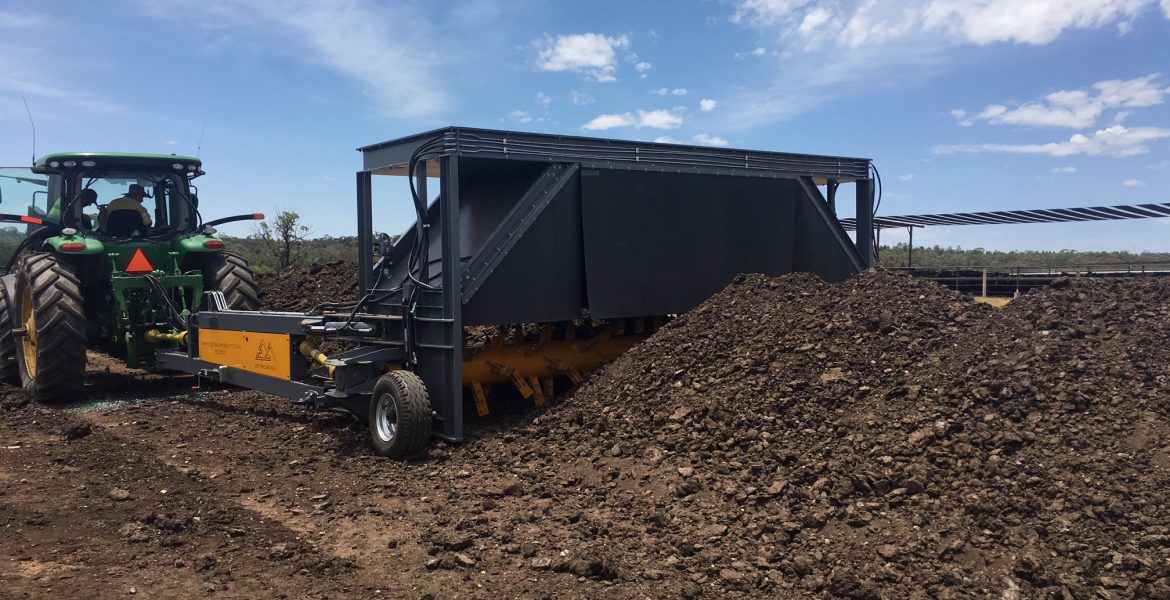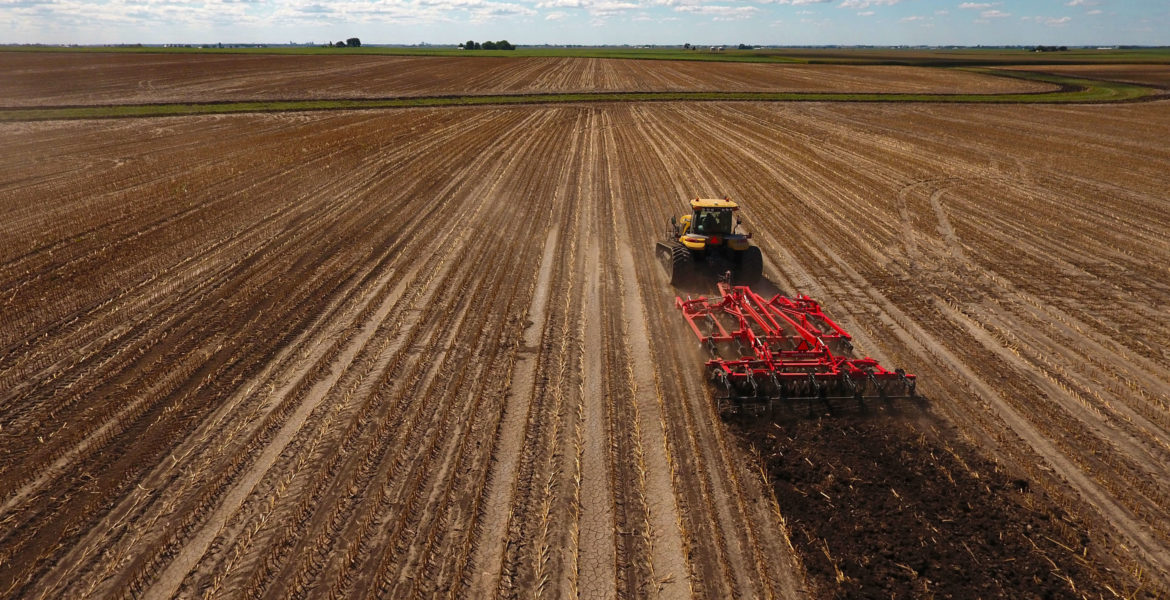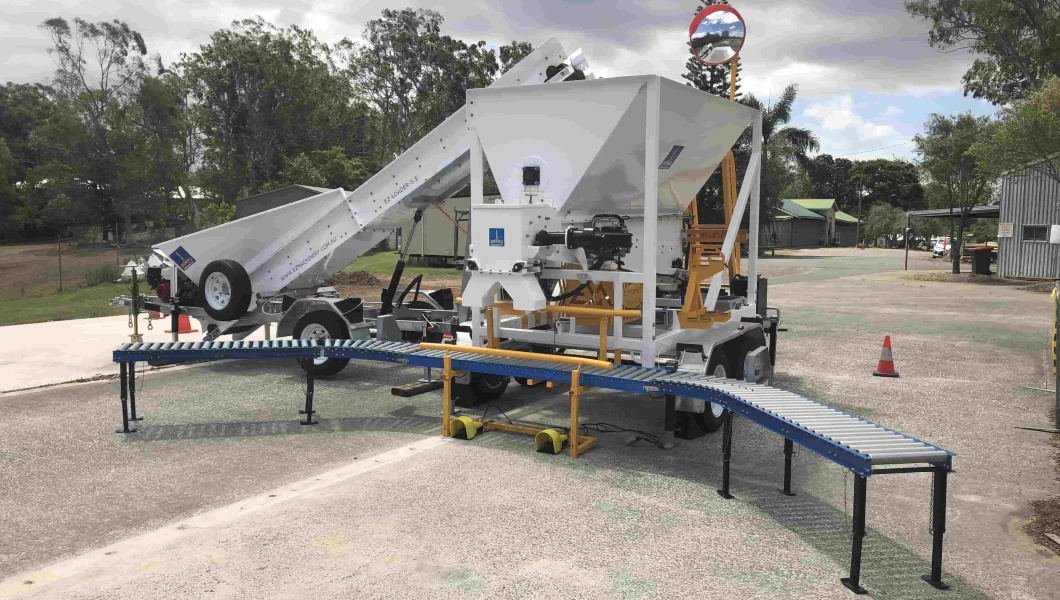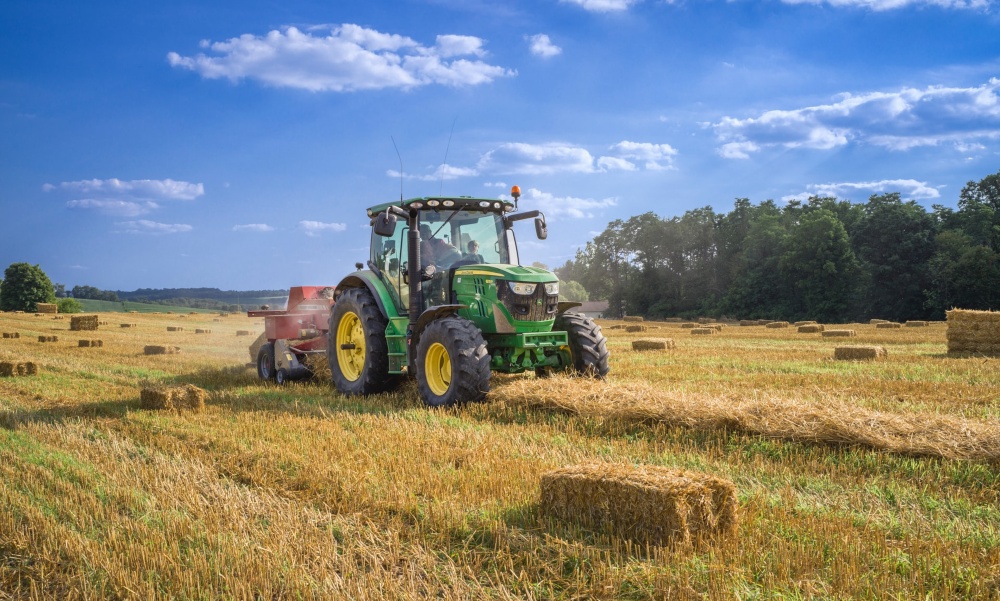Australian farmers depend on soil. They rely on the quality of the soil they are using to produce quality crops and feed for livestock and to sustain our way of life. Healthy soil requires biological, chemical and physical properties working in combination to promote the health and quality of plants, animals and humans.
In Queensland, we have a large number of agricultural zones which produce wheat, sorghum, maize, barley, and a range of other crops. We depend on our soils, and it is important that they are managed sustainably so that the salts and mineral levels in them are kept to optimum levels. But salinity in soil is an issue that is not restricted to our agricultural areas; in fact, wetlands and urban environments can be affected by salinity and mineral imbalance.
At EZ Machinery, we are deeply concerned with the health and sustainability of our Australia soils, and we wanted to take the time to share some issues we should all be aware of when it comes to soil quality. Remember that all our EZ Machinery products are designed to improve the quality and performance of your soil while at the same time retaining essential function and form. See our EZ Soil Aerators and Soil Mixer Machines, and be sure to contact us with any questions you have about our range of products.
Australian soil is old… really old
During the last ice age (which took place around 20,000 years ago) many of the land masses in the world were covered by ice which then scraped away top layers of soil as the ice sheets moved over the continents, creating new and nutrient-rich soils. But in Australia, we did not have much of our continent covered by ice, which means that our soils have been sitting around being weathered for a long time.
We have been gradually losing nutrients, seeing them washed away into rivers and leeching into groundwaters, while our soil productivity and health have taken a hit due to some land management techniques.
But not all is lost – many modern farming techniques have been making a difference to the quality of Australian farming soils. EZ Machinery focuses on ensuring that all heavy machinery for farming is created with the dual purpose of effectiveness and sustainability.
So how do we best manage the quality of our soils in Australia?
Testing and measuring
For starters, the current knowledge of soil biology falls behind other areas of soil science, but we know that a deeper understanding of this area is vital to improve soil health overall. Despite this, there has been exciting research into soil molecular biology and the impact of the nitrogen cycle on soil biology. As farmers grapple with increasing droughts and ongoing soil issues, it is vital that we all take a hands-on approach to testing and learning as much about Australian soil quality as possible. Websites like Soil Quality are exceptional resources for learning about the various tests and calculations required in different states and regions.
- Nitrification manipulation has been and will be a key to improving the overall nitrogen levels and decreasing the environmental impacts of food production.
- A combination of solid soil research and an improvement in the overall land management techniques is needed.
Ultimately, testing and measuring soil is something that needs to be done as a concerted effort between farmers and governments.
Soil salinity and sodicity
Another key concern with soils in Australia is salinity and sodicity. Soil salinity occurs when salt builds up in the root zone of plants in dry periods, while sodicity occurs when there is too much sodium in the soil which then changes the structure of the soil. Sodic soils can see severe erosion and runoff taking place.
Salinity occurs naturally in much of Australia’s landscape, but land clearing, irrigation and even flooding can cause more water to be added to rivers and groundwater systems. This can, in turn, dissolve the salt present in the land and bring it closer to the surface. Problems arise when these salts enter the root zones of plants and affect the growth of these crops. Plants (and humans) don’t like salt water very much – mainly because salt molecules are hydrophilic, which means they attract water molecules and causes more work for the plants in absorbing the water they seek, in addition to a host of other issues.
Excess salt can threaten native species and cause problems like urban salinity, where it can damage infrastructure.
Sodicity is an unpleasant side effect of excess salinity where the soil becomes hard and impacted. But sodicity can be treated with the addition of things like gypsum or placing calcium in irrigation water – although subsoil sodicity may not be affected unless the soils are deep-ripped to aid penetration.
These are two key problems we will face as a society as we continue to require more resources for farming in Australia.
The bottom line?
Good soil health requires careful testing, measurement, and management throughout a lifetime.
EZ Machinery creates the tools you need to ensure your soils are healthy and productive for this generation and the next. Contact us to find out more about soil health and to get the right tools for the job. We can custom-make any machine you need for your farm or agricultural application. Call us on 1300 736 982 or get in touch online.








